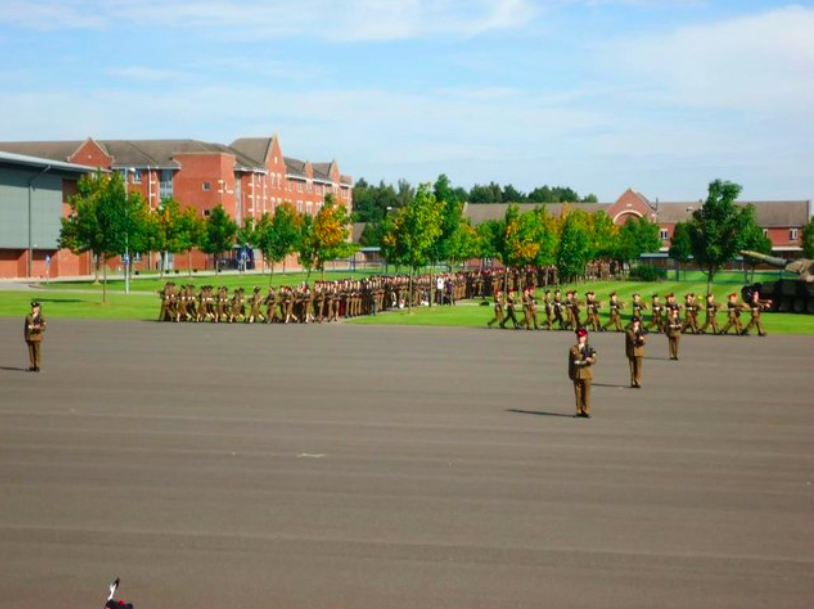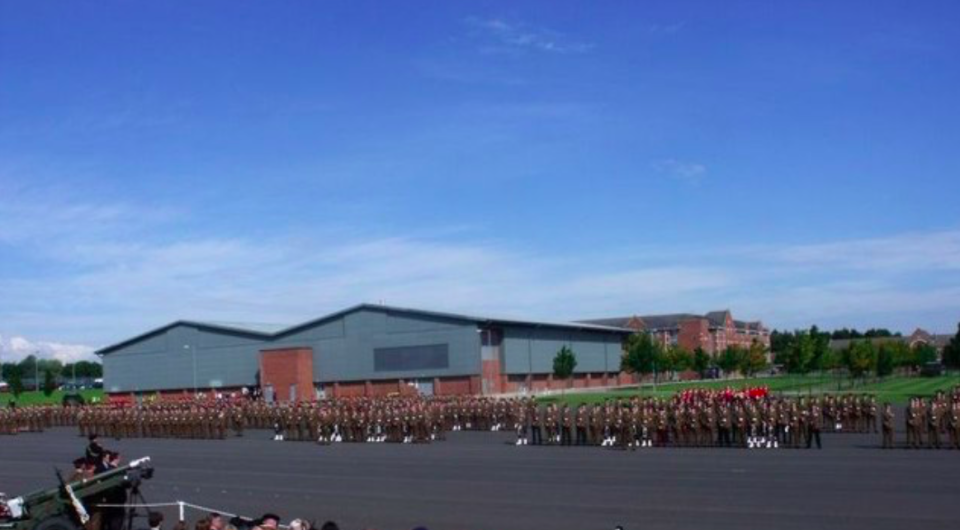Army recruits abuse inquiry collapses because of 'bungled investigation' by Military Police

A bungled Royal Military Police investigation has led to the collapse of one of the largest inquiries into the alleged abuse of teenage Army recruits in Britain.
A judge branded the three-year police probe ‘seriously flawed’ as he halted the first of three court martials amid problems of missing evidence and claims witnesses were forced to make statements.
It was alleged 16 instructors – all sergeants or corporals – ill-treated 28 school leavers while posted to the Army Foundation College in Harrogate, North Yorkshire.

The recruits told the court martial in Bulford, Wiltshire, how the instructors would get them fired up by making them play British Bulldog, by putting on ‘war faces’ and getting them running between two hills – known as ‘heaven’ and ‘hell’ – ahead of bayonet training during a battle camp at Kirkcudbright, Dumfries and Galloway in the summer of 2014.
It was then claimed the teenagers, who were aged 16 or 17, were slapped or punched in the face, spat at, grabbed by the throat, were ‘clotheslined’, had their faces submerged in mud or were ordered to eat animal manure.
But after eight days of evidence, the prosecution offered no evidence in 24 of the 31 charges the first 10 defendants faced – meaning five were acquitted and walked free from court.
MOST POPULAR TODAY ON YAHOO
British woman Anna Campbell killed after fighting Isis in Syria with all-female Kurdish group YPJ
Vladimir Putin dismisses ‘nonsense’ British accusations of Russian involvement in spy poisoning
How the Cold War led the world to the brink of nuclear apocalypse in 1983
Toilet water is actually tastier than tap water, and we should all drink it, say scientists
The trial of the remaining five instructors continued for another day until Assistant Judge Advocate General Alan Large stayed proceedings, ruling they could not get a fair trial.
Following his ruling – in which he condemned the Royal Military Police for a ‘seriously flawed’ and ‘totally blinkered approach’ to the investigation – the prosecution indicated it would offer no evidence against a further six instructors.
The officer leading the investigation, Captain Teresa Spanton, did not question eyewitnesses – including a major, several captains and a warrant officer – because she believed they would lie in their witness statements – a decision described by the judge as ‘frankly, startling’.

Handwritten accounts made by some recruits shortly after the alleged abuse have never been found and neither have up to 500 photographs of the training taken by an officer.
It also took two years to interview under caution the accused soldiers and another 12 months before they knew they were being charged.
Lewis Cherry, a Northern Ireland-based solicitor who specialises in military law, said: ‘I have never found anything that has been as badly done as this. This is so absolutely appalling.’

During the court martial, several of the teenagers gave evidence that conflicted with their original written statements given to the RMP, while others alleged they had been forced or threatened into making statements and to come to court to give evidence in person.
Symon Hill, group co-ordinator of the Peace Pledge Union, said the collapse of the Harrogate inquiry was further evidence that the armed forces should not be allowed to police themselves and to try alleged abusers in their own courts.
He said: ‘We urgently need major changes to ensure that members of the armed forces are subject to the same laws, and share the same rights and responsibilities, as the rest of us.’

 Yahoo News
Yahoo News 
